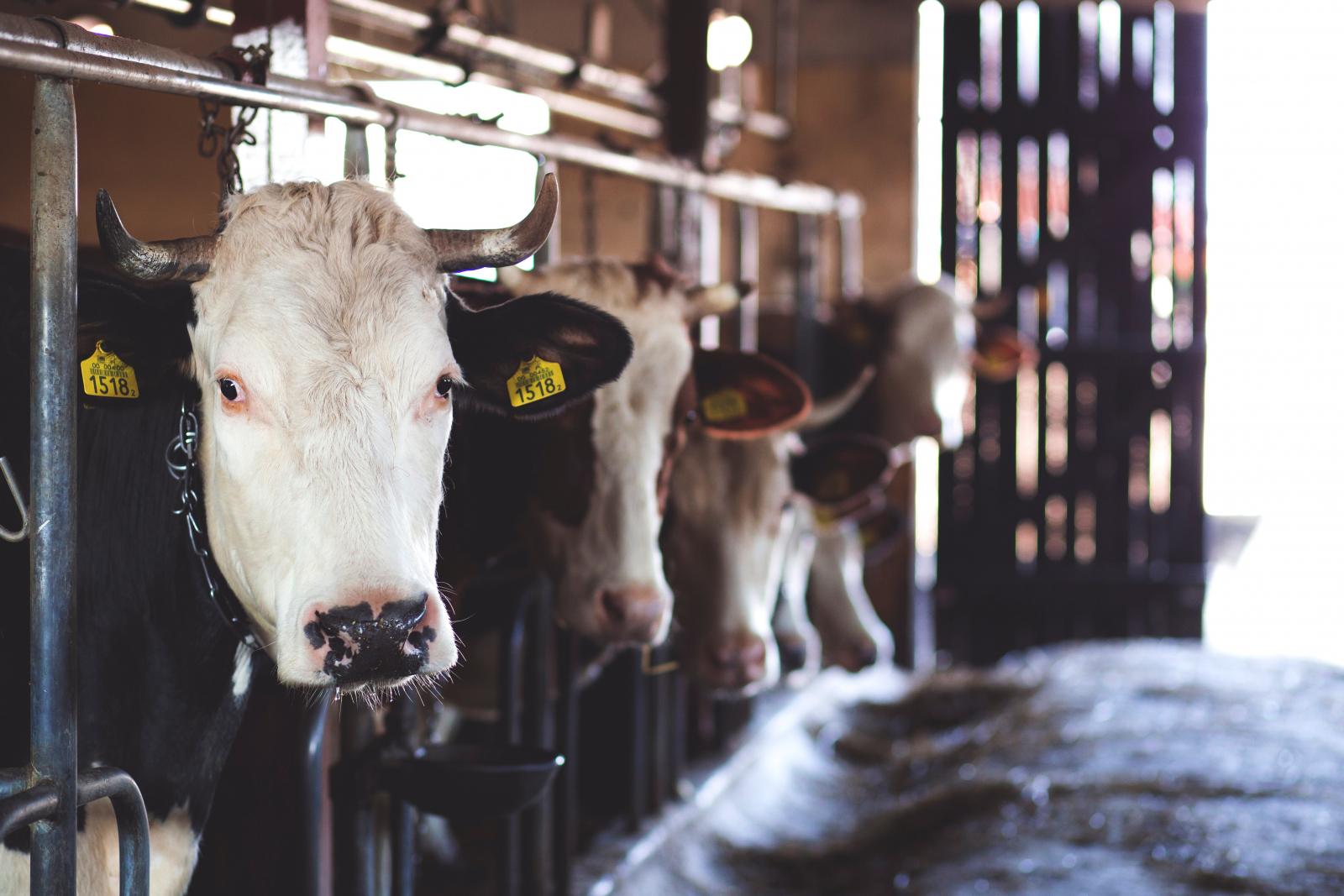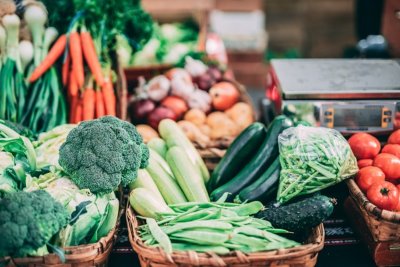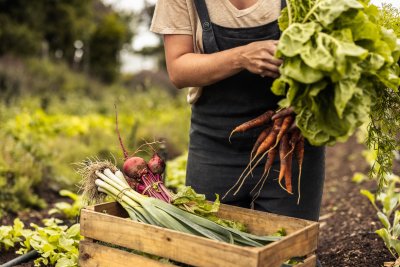 Cattle in cowshed. Photo credit: pexels
Cattle in cowshed. Photo credit: pexels
The Which? Brexit tracker survey measures consumer perspectives towards leaving the European Union. It is a nationally representative online survey updated every three months which reports consumer perceptions of the effect of Brexit on prices, consumer rights, safety and financial impact.
The latest Which? consumer report on food showed some very strong opinions regarding the effects of future trade deals. Importing food produced in ways currently banned in the EU – such as chlorinated chicken – was very unappealing. When presented with information on labels specifying food production practices currently banned, there was an immediate, generally negative, response towards these products being on sale in the UK. Of those surveyed:
80% Not at all / not very comfortable with growth hormones in beef production
79% Not at all / not very comfortable with growth hormones to increase milk yields in dairy cattle
72% Not at all / not very comfortable with chlorine carcass treatments for chicken
64% Not at all / not very comfortable with greater use of GM ingredients in foods
Maintaining Food Standards is a Key Priority
Consumers felt it was very important to maintain food standards – and where possible, improve them – after the UK leaves the EU. This was their main priority. However, there was little evidence consumers knew what current standards actually entail. Animal welfare was one area consumers said they would like to see improved, and not to trade with other countries which had lower standards.
Improving consumption habits, such as healthy eating and reducing waste, was another common theme. Education was a common channel through which participants thought this could be achieved. Some consumers included improving the efficiency of UK agriculture so the country could be more self-sufficient. There was no evidence of how this could be done, but there was an assumption it would be possible.
Labelling
Consumers were very positive about the traffic light system of labelling. They liked the visual focus, which allowed them to make an instantaneous judgement on an item. Some consumers said they would like the government to make traffic light labelling mandatory after the UK leaves the EU. There was also desire to standardise food labelling to make it easier to assess packaging.
Respondents were informed that country of origin labelling is currently voluntary, and many saw leaving the EU as an opportunity to make this mandatory. Consumers wanted more information on where products come from, especially with meat products.
Three quarters of consumers expect Brexit to have an impact on the price of food – with 44% saying this impact has happened already.
Find out more about the work Sustain is doing to secure a positive Brexit for food, farming and fishing, including how to tell your MP that you want a say in future trade deals.
Good Food Trade Campaign: Campaigning for good trade that benefits people and the planet at home and overseas.
Sustain
The Green House
244-254 Cambridge Heath Road
London E2 9DA
020 3559 6777
sustain@sustainweb.org
Sustain advocates food and agriculture policies and practices that enhance the health and welfare of people and animals, improve the working and living environment, promote equity and enrich society and culture.
© Sustain 2024
Registered charity (no. 1018643)
Data privacy & cookies







